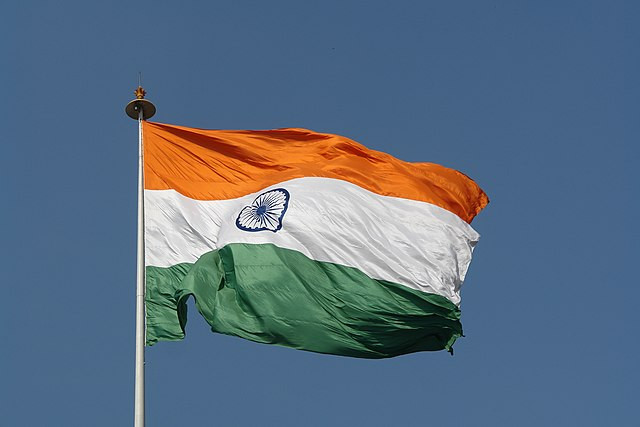At least two dozen people are feared dead after suspected militants opened fire on tourists in India's Jammu and Kashmir region on Tuesday, in what security sources described as the worst attack on civilians in the contested territory in years. The assault, which occurred near the resort town of Pahalgam, coincided with the visit of U.S. Vice President JD Vance, who is on a four-day personal and diplomatic trip to India.
Security officials, speaking on condition of anonymity, placed the death toll between 20 and 26. The victims were primarily domestic tourists visiting the picturesque Baisaran meadow, a highland area popular for its scenic views and frequent summer crowds. The attack occurred approximately five kilometers from the main tourist hub and involved two to three gunmen, according to a senior police official cited by The Indian Express.
"The firing happened in front of us," one eyewitness told India Today. "We thought someone was setting off firecrackers, but when we heard other people [screaming], we quickly got out of there." Another witness recounted running for four kilometers without stopping, saying, "I am shaking."
A little-known group calling itself "Kashmir Resistance" claimed responsibility for the attack via a social media message, citing anger over the settlement of more than 85,000 non-local residents in the territory. "Violence will be directed toward those attempting to settle illegally," the message read. Reuters could not independently verify the claim.
A Kashmiri Muslim man helped all those people who were injured in the attack and took them to the hospital.
While helping, he did not ask anyone's name and religion.
This is Kashmiriyat, this is Islam!#PahalgamTerrorAttack #Pahalgam #TerroristAttack #Kashmir #PahalgamAttack pic.twitter.com/jJRGXpDS7u — Md. Arman (@MdArmanINC) April 22, 2025
Indian Prime Minister Narendra Modi condemned the assault in a statement on X: "I strongly condemn the terror attack in Pahalgam, Jammu and Kashmir. Condolences to those who have lost their loved ones... Those behind this heinous act will be brought to justice... Their evil agenda will never succeed."
Indian Home Minister Amit Shah announced he was heading to Kashmir for a high-level security briefing, as officials cordoned off the area and launched a manhunt for the attackers. Army and police units conducted sweeping operations across the forested hillsides.
Tuesday's violence comes amid escalating regional sensitivity. India's 2019 revocation of Kashmir's special status enabled authorities to issue domicile rights to outsiders, a move that has fueled long-standing resentment among locals and reignited tensions with Pakistan. More than 84,000 non-locals have received such status since then, according to the regional government.
"This attack is much larger than anything we've seen directed at civilians in recent years," said Jammu and Kashmir Chief Minister Omar Abdullah, declining to confirm casualty figures.
President Droupadi Murmu also condemned the attack, calling it a "dastardly and inhuman act" and offering condolences to the victims' families. Mirwaiz Umar Farooq, a prominent Kashmiri resistance leader, stated, "Such violence is unacceptable and against the ethos of Kashmir which welcomes visitors with love and warmth."
While attacks on tourists in the region have become rare, Tuesday's bloodshed echoes the June 2024 bus ambush that killed nine Hindu pilgrims. Indian security officials noted that high-profile militant attacks in the past have sometimes coincided with visits by foreign dignitaries, seemingly intended to draw international attention to the Kashmir conflict.
Vice President Vance is expected to meet Prime Minister Modi later this week to discuss bilateral trade and geopolitical ties. His presence in India during the incident has heightened global attention on the deteriorating security situation in the region.




